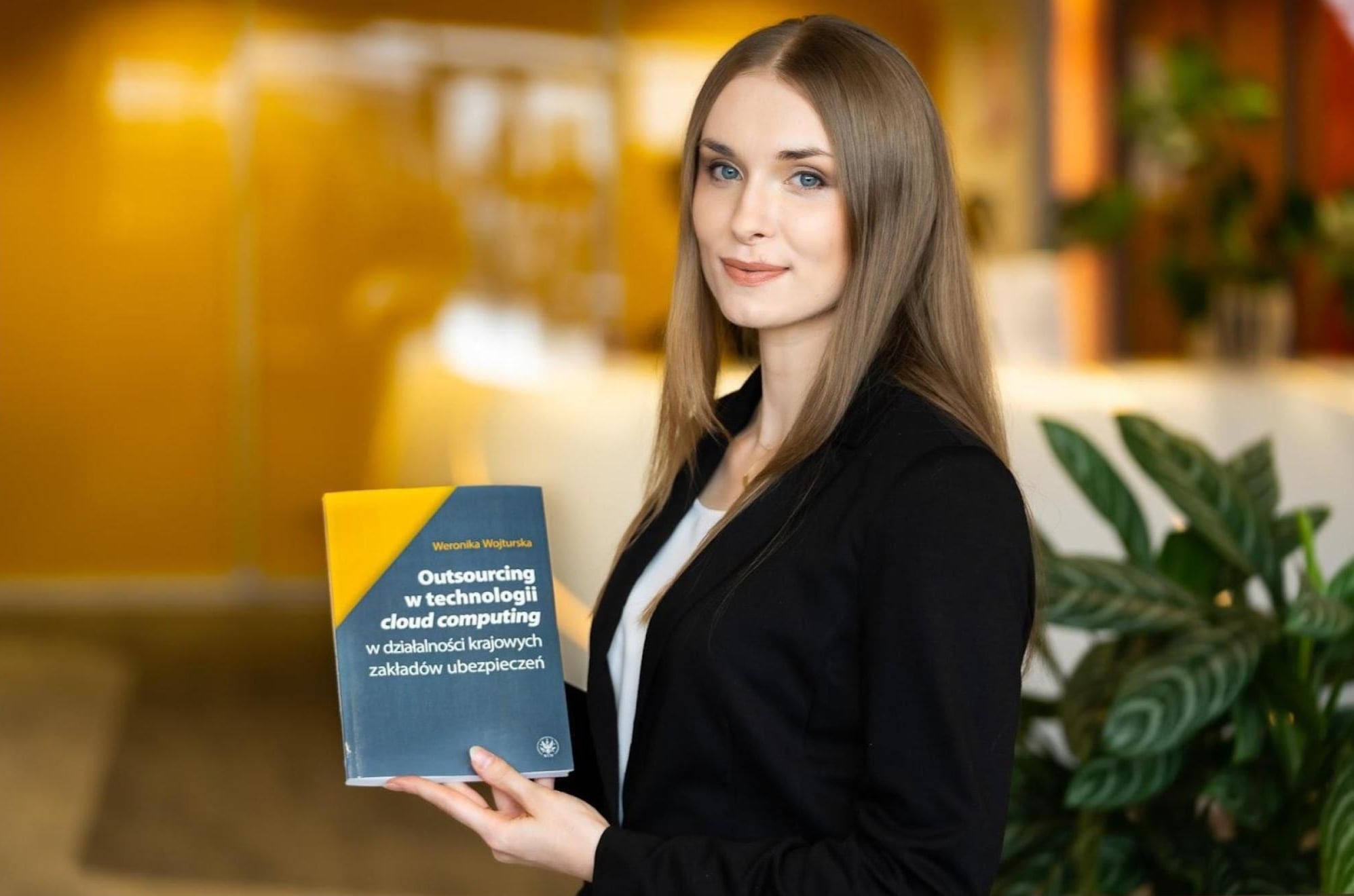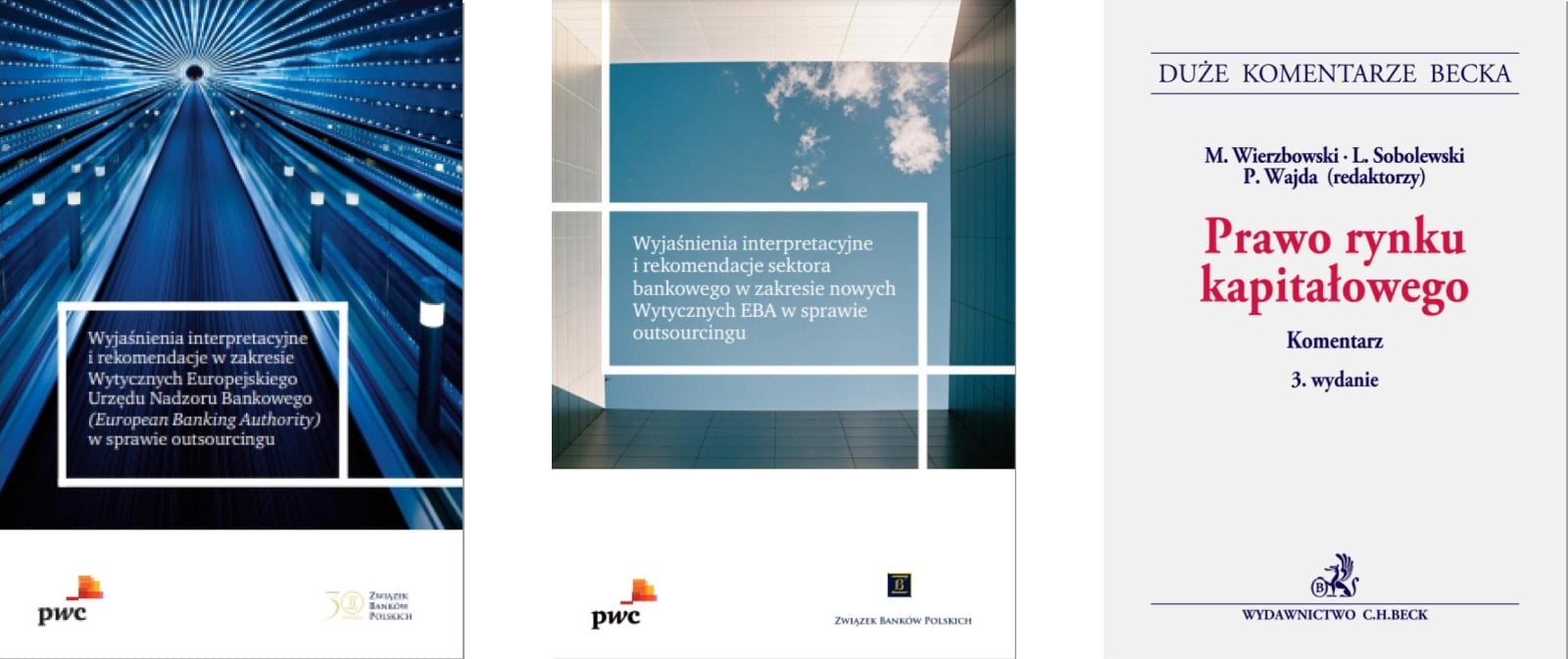Interview with Carol Stubbings - PwC’s Global Tax and Legal Services Leader - in Rzeczpospolita
Journalist: Anna Wojda
Published polish version
Taxes – what do they mean for you?
For me taxes are a mandatory contribution levied on corporate and on individuals needed to finance government activities and public services. A lot of countries’ tax systems are very old, they have been in place for a very long time and what some governments are now finding is that some of their tax systems are no longer fit for purpose. Therefore we are seeing a whole myriad of new taxes coming:
- digital service taxes,
- Pillar One and Pillar Two,
- green taxes and incentives.
There is a huge amount of activity going on globally. Now if you look at domestic tax legislation and then interplay that with international tax consequences, most people would agree that international tax system is fundamentally broken, so Pillar One and Pillars Two are designed to help fix that and obviously we have some agreements around what that might look like, but it’s a very complex topic. Also particularly in Western Europe we see taxes intrinsically linked with human behaviour. If people feel that somebody isn’t paying their fair share of tax, then they fear that their health care system or their social welfare systems are challenged and suffer, therefore there is a huge focus around making sure that people are paying their fair share and I would say that social media over the last 3-4-5 years has played a very big role in shaping public opinion, so to basically force people to be more transparent around what taxes they pay and where they pay it.
Thank you. Next question. How do you build trust among clients and regulators? According to a recent OECD report, it appears that you are still perceived by fiscal authorities in a traditional way - that trust is relatively low - they see you as an institution that helps with aggressive tax optimisation.
Firstly I would say that we may not agree with all of the views expressed in the OECD report, but we fully support the idea that trust is a key component to the effective operation of tax systems around the world. I also think for us there are some lessons to be learned from this report and things that we can do to increase the understanding of the role that we have as tax advisers. What was quite interesting in the report is that it called out PwC’s Global Tax Code of Conduct as a best example of what professional services firm should use. At PwC we really do place trust at the heart of our operations and all of our tax advisers across the world are very guided in their work by our Global Tax Code of Conduct, which clearly acknowledges the importance of public interest in any decisions that are taken. Therefore I think having it called out and the fact that we have rolled this out globally for a number of years now – that really means for me that we are driving internal accountability but we’re also ensuring consistency around how we build trust with organisations.
And what are the main trends in the tax and legal consulting industry right now? What matters the most across the world?
If you think about challenges our clients are facing and corporates are facing around the world, it is grappling with added regulatory complexity. Earlier I talked about the myriad of new taxes, different taxes. There is a huge pressure on companies to meet their increasing compliance responsibilities. During COVID we have seen business model and supply chain transformation, cost pressures particularly coming up where there is high inflation and all of this coupled with technology adoption and the war for talent. Our clients are really operating in unprecedented times. They are looking for help and support to make sure that they are navigating all those challenges, particularly around the broadening stakeholder expectations focused on ESG and transparency, but actually more recently also with the impact of the Russian invasion in Ukraine which has far reaching consequences. There has been a huge amount thrown at companies over the last couple of years and I think the only thing that’s constant for companies is change. There are also governments that need to repair their fiscal deficits from dealing with COVID, so they are looking to clamp down and be very rigorous around regulation, tax compliance. Thus our clients are really operating in very complex environments and we, as PwC need to adapt and adjust to all of those new complexities so that we are able to work alongside our clients to help them navigate through all of those.
We are talking about clients but will this possible global slowdown of economy impact these relationships with clients in the nearest future?
I don’t believe that it will. I think that the agenda that our clients have on their plate in terms of increased regulatory compliance, the war for talents, technology adoption is a lot. Pillar Two on its own requires brand new data that clients currently don’t have access to. There may be an element of clients not wanting to do some discretionary spending, but the spending on making sure their systems are right, that their reporting is being done, that they are complying domestically and internationally is a huge trend that we don’t see slowing down anytime soon. Actually if you think about an inflationary environment the focus then starts to come on cost – so how do they maintain and manage their cost. What we’ve seen as a trend there is that companies look at what is critical to their business and look at what can be done somewhere else for a cheaper price by specialists: managed services, end-to-end tax managed services – there is a definite uptake on the market, and we believe that as we go into the inflationary and a cost-constraint environment that that will comethrough as well.
Does Poland have a chance to play an important role in the automation and outsourcing of tax services of global companies, because we are quite well developed technologically. In Austria there is still no single control file, in our country it has been functioning for a long time.
Yes, absolutely, I think tax automation and use of tax technology both by taxpayers and tax administrators has accelerated tremendously and having many tax technology solutions, a unique set of IT and tax skills of a growing number of tax technology experts. Poland has definitely proven its track record in that space – very much around building, implementing and supporting tax applications both for local markets and for global PwC Network as well. Also with the National e-invoicing System coming soon, I think Poland will become the first CEE country with real time reporting of e-invoices and the clear leader in tax digitalisation in Europe. What I would say for the global perspective is that technology has no boundaries therefore it is really important that we globally look to the talent and the innovation in Poland and make sure that we are utilizing and benefiting from that for the whole of PwC network and not just for Poland or the CEE.
Let’s now talk about something more enjoyable. You are the head of the Tax & Legal Department, what are the greatest challenges for you personally being the boss?
I would say that the war for talent is a real challenge. We have amazing people in our business, they are technically excellent, but as the world changes and as our clients’ challenges become bigger and more complex, we also need to have our people think more broadly around the business context in which they are operating. Reskilling and upskilling our people to not just think technically about what the answer is but to understand what it means in a broader business context is really important, as well as hiring different types of people. We just talked about technology – our clients are demanding more technology, our services should be more tech-enabled – so we also need to be scaling some of our technology solutions around the world, but equally we need to make sure that we are hiring more tax technologists into our business. Also as expectations and relationships change with governments, tax and regulatory authorities, there is a huge focus on ESG and transparency. We have appointed a leader for ESG, we’ve done a lot of work with clients around that space, but again how do we upskill our people at speed to understand all of the complexities that we need to focus on. The other area is making sure that we are looking after our workforce. We know that what is happening in the world has a direct impact on many of our people, so making sure that we are bringing that human side to our people, that we are not just looking after their technical skills, but we are nurturing their mental health and their wellbeing as well and we are making sure that our people aren’t overwhelmed by everything that is going on – that’s a really important point for us, too. How do we allow people to be their whole selves when they come into the office and how do we create an environment where people can flourish and learn, but also a safe environment where people can talk about all the challenges that are happening in the world today.
So lastly, I still have to ask about competition, because there is talk of plans to split EY into audit and consulting parts. As a result, there will be no restriction to offer consulting and auditing services to the same client. Well, and I am curious what PwC thinks of such a move by the competition?
We are fully committed to our strategy “The New Equation” launched last year and we don’t comment on our competitors. Our view continues to be that access to a wide range of expertise and competencies is really essential to serving our clients and all other stakeholders and delivering high quality services. We are always ready to respond to changes in the regulatory and competitive environment if that becomes necessary, but have absolutely no plans to change course. We believe “The New Equation” strategy is right and we believe remaining as one firm is in the best interest of our company but also for all our clients, too.
Will the proximity of this war in Ukraine not cause us to gain a significant market position in the technological field after all?
I believe that it doesn’t have an impact. I think, as I said before, technology has no boundaries. I think we have amazing technology capability within Poland. We also have within Poland very large delivery centres that service a lot of our European networks, so work is delivered through the Polish teams. In Poland the skill sets are very high quality. The tech enablement is really important, so there is absolutely no reason why we wouldn’t see Poland as a critical country to really growing our network strategy and putting more work either into our Polish delivery centres or utilizing the great technology advancements that Poland has back out into the network. We have no concerns whatsoever on that point.
Contact us








